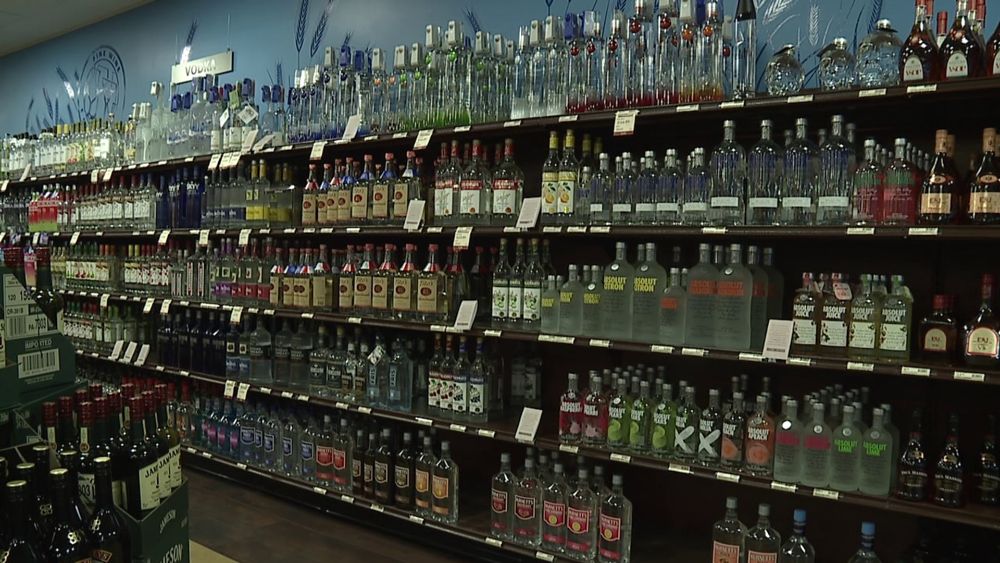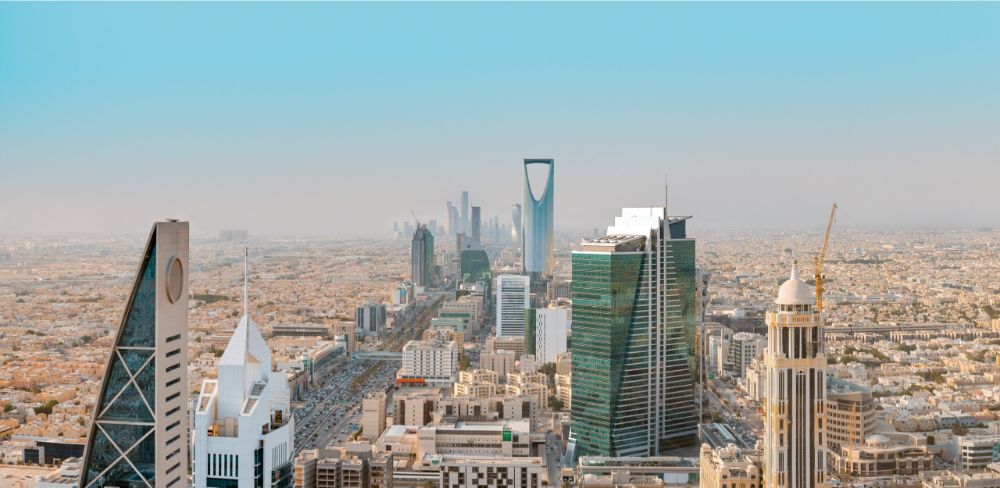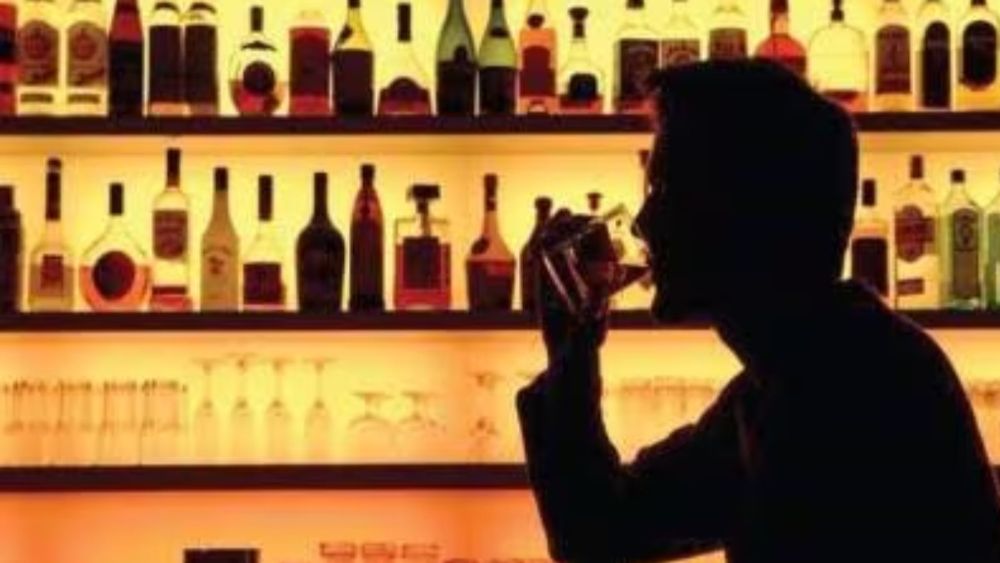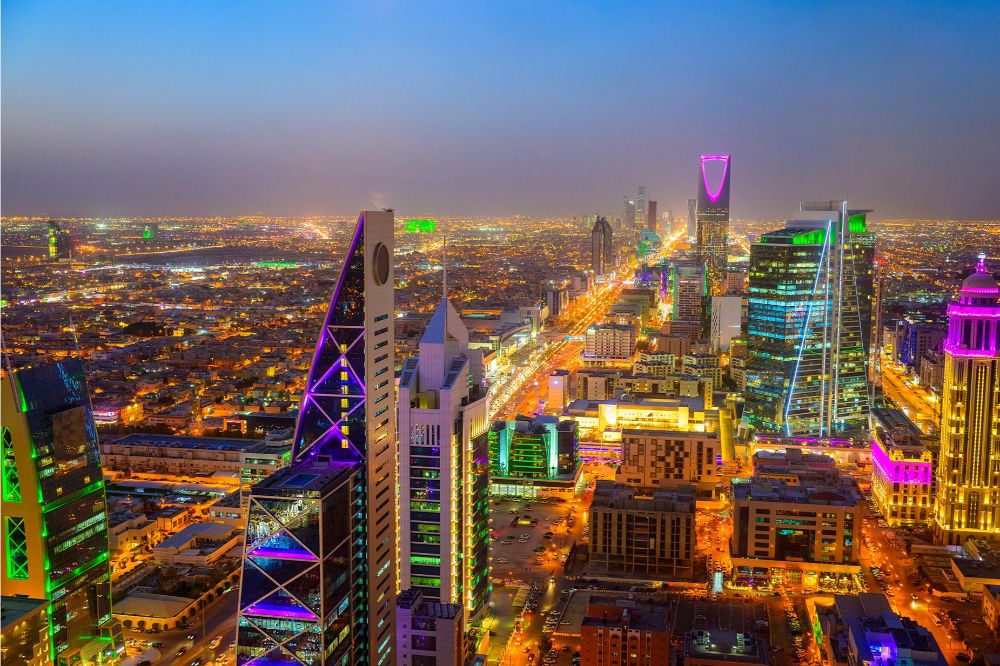In Riyadh, the capital city, Saudi Arabia has decided to open a liquor store. It marks the first time in history that Saudi Arabia is opening a liquor sales outlet. At the same time, not everyone in Saudi Arabia will be able to buy alcohol. The liquor store opening in Riyadh’s diplomatic quarter is intended only for non-Muslim diplomats representing their countries. To purchase alcohol, consumers must register via a mobile app and obtain clearance from the Ministry of Foreign Affairs. Alcohol sales are expected to commence on a monthly quota basis. The store is expected to open next week.

Alcohol consumption is prohibited in Islam. Therefore, a complete ban on alcohol sales had been accepted in Saudi Arabia until now. The arrival of alcohol in Saudi Arabia had previously occurred through diplomatic mail or smuggling channels.

However, Saudi Arabia aims to promote tourism and business in the country through new reforms. The opening of liquor stores is part of Vision 2030, an international news agency Reuters reported. Crown Prince Mohammad bin Salman, who leads Vision 2030, is spearheading this initiative.
Diplomatic quarters in Riyadh, where ambassadors and policy experts reside, are where the liquor store is being opened. Transparency is being emphasized for diplomats and policy experts residing there regarding issues such as whether non-Muslim tourists will be allowed access to liquor stores. It is a punishable offense to buy or sell alcohol in Saudi Arabia. Flogging and imprisonment are the punishments.

Still, some Riyadh residents told AFP they saw the development as the first step towards wider availability of alcohol, which would be a dramatic break from the nationwide prohibition that has been in place since 1952.
“This country keeps on surprising us,” said a Lebanese businessman dining on Wednesday night at LPM, a French restaurant in Riyadh known for its lengthy list of non-alcoholic wine and cocktails mixed behind an 18-metre (60-ft) long marble-top bar.
“It is a country that is developing, that is growing and that is attracting a lot of talent and a lot of investments. So yes, of course, there’s going to be much more.”

Yet like other diners at LPM, the businessman declined to be named, highlighting the sensitivity surrounding anything related to alcohol – which is banned in Islam– in the country that is home to the Muslim holy places of Mecca and Medina.
